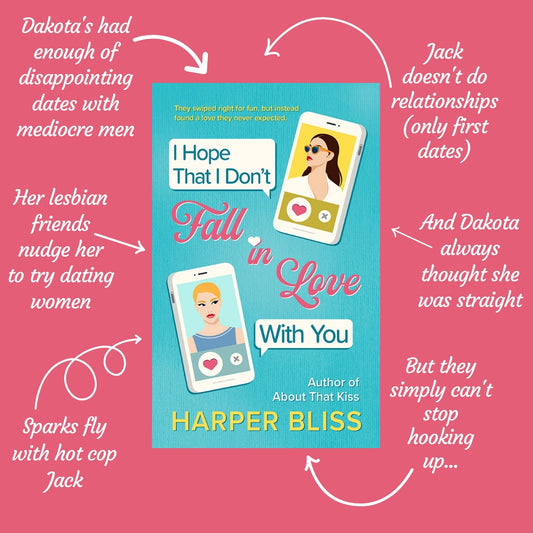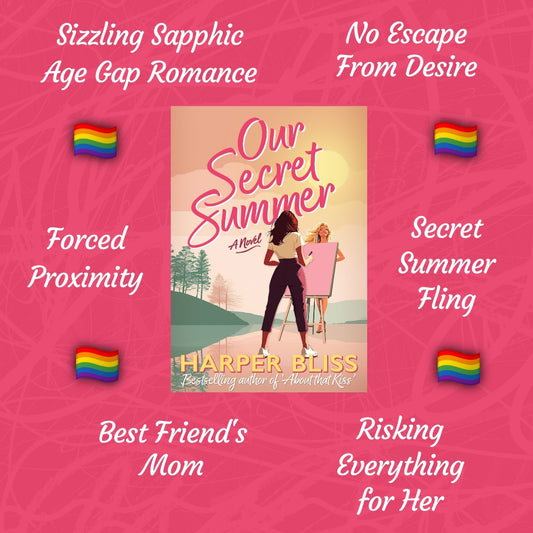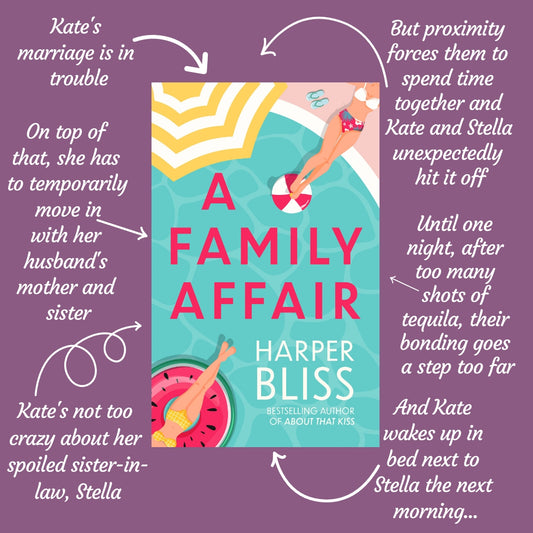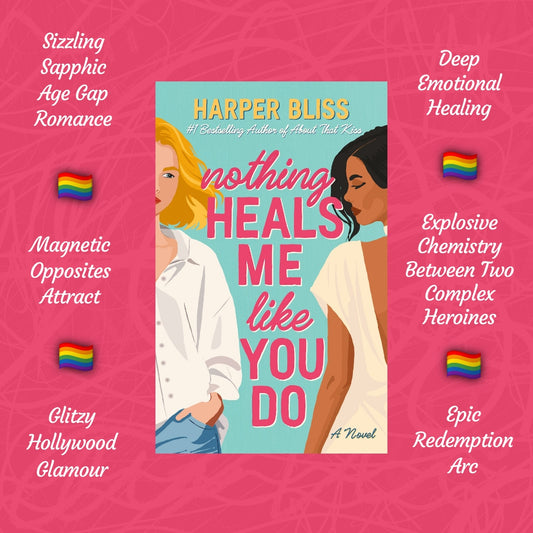Stepping Out
Cheyenne Blue
“It’s the air here.” The teacher’s enthusiasm is contagious. Her skinny body seems to burst with the desire to share her passion. “We have less pollution. Our soil may be poor, but with care, we can grow some of the most flavorsome food in the world.”
Irene dumps herbs into the mortar and starts grinding. It was a good idea, this women’s cookery course, here in the Victorian high country. Six women, all enthusiastic amateurs like herself—moneyed, like herself, she adds with wry honesty—here to learn, to improve their skills and cooking creativity, with the added bonus of a holiday in the Australian bush. Miriam Stockard, a retired restaurateur, runs the course at her property on the edge of the Great Dividing Range.
Irene has come alone. This is just one of her filler-times, as she likes to call them, a way of occupying herself in a most convivial way. It’s too easy to be alone in Los Angeles. And she’s a “women only” course junkie; maybe, just maybe, she’ll meet someone special.
There’s nobody promising at Wannaroo though. Nobody, except Miriam herself.
Irene watches surreptitiously out of lowered eyes as Miriam circles the room. The morning light touches her wild hair, burnishing the silver streaks, mingling them with the gold to some fantastic new alloy. Miriam wears a faded t-shirt, baggy shorts, and Swedish massage sandals on her bare feet—unconventional garb for a chef. The light catches the sun-bleached hairs that overlay her tanned forearms like the pelt of a large cat. Her hair spills out of the fuzzy ponytail that barely contains it, as she leans over Lucy’s bowl to taste her seasonings with a finger. Miriam must be over forty, Irene muses, but her wiry frame, tanned nut-brown by the Aussie sun, quick way of speaking, and unconventional approach make her appear younger.
Sometimes, she imagines Miriam is watching her too, swift glances out of the corner of her eye, but she puts it down to wishful thinking. Miriam is probably checking she isn’t using too much salt.
The class works quietly for an hour. Outside, the liquid notes of a magpie overlay the buzz of cicadas, providing a musical backdrop for Miriam’s muted voice as she encourages and draws out each woman in turn. The course encourages a creative approach. No slavish following of recipes here, no automated adding of a pinch of nutmeg and a sprig of parsley; here they invent, mix, blend, experiment, embellish. Melding flavors that challenge the imagination, often supplementing them with the bush tucker that they gather outside. Lilly pilly and tamarillo custard. Yabby ravioli with lime and shiitake mushrooms. There are no limits, Miriam explains, no preconceptions. They are here to expand their horizons, challenge their creativity, become artists.
And Irene watches Miriam, and challenges her own creativity by imagining what she would do to her if they were naked under the lazy fan in the high-ceilinged bedroom with the verandah that opens to the world.
The women break for morning coffee each day around eleven. Miriam’s daughter, Janey, carries in freshly-baked scones and dishes of Miriam’s home-made jams. There’s a running competition to guess the ingredients. Irene takes it seriously, savoring the flavor, trying not to be fooled by the color.
Quandong? She wonders idly, spreading some on a wholemeal scone. Maybe loquat—the hard yellow fruit from the old spreading tree in the backyard. She smiles at Janey, who steadies the plate with a twelve-year-old’s concentration. “A dollar if you’ll give me a clue,” she whispers in mock-seriousness.
Janey’s hazel eyes open wide. “I can’t do that,” she replies. “Mum would kill me.”
* * *
The evening is molten and saturated by an abrupt thunderstorm that starts as if someone has opened sluice gates. Irene sits quietly under the covered verandah, and listens to the rain lash the corrugated iron roof. The air is so liquid that she cleaves through it, and her sweat shines on her skin.
She’s alone. The other women departed earlier for a folk night in Beechworth—an evening of red wine and song. Normally, Irene would go too—the unforced spontaneity of instant companions is partly why she came—but she is behind on her diary. It lies untouched on her knees, its brocade cover damp from the air.
The creak of the fly screen alerts her to another’s presence. It’s Miriam, a steaming mug in one hand. She opens the fly screens so that the air can move more freely, and props her bare feet on the rail. In profile, her face is serene as she stares out into the night.
Irene doesn’t want to interfere; she senses Miriam is after solitude. After all, she’s a vital presence to the smooth running of the course, encouraging the diverse group of women to mix, throw away their inhibitions and enjoy themselves. She probably welcomes a rare evening alone. But Irene’s pen rolls off the diary and drops to the floor with a clatter.
Miriam jerks, then calls out, “I didn’t know anyone was there. You must think me rude, ignoring you like that.”
Her face is smiling and open, so Irene picks up her diary and her glass of local Tokay and joins her. “I wanted to catch up with my writing,” she raises the diary, and lets it fall back on her bare legs, “but it’s more pleasant to simply watch the rain.”
Miriam nods, and her face relaxes. “I love storms like these. When you can smell the earth, and the bush. It’s when I love my home the best.”
“Do you ever not love it?”
“Sometimes. Last summer, there was a bushfire burning out of control in the foothills. It came down the ridge, and Janey and I had to evacuate. They got it under control, eventually, but when we came back we didn’t know what we’d find. We were lucky, the house was untouched.” She sips the steaming tea. “Then I hated this place. And in winter, when the air is so chill and crisp, and your breath freezes in your lungs, I’m not too keen. But I wouldn’t leave it for anything.”
“Have you been here long?”
“Nearly twenty years. Janey was born in your bedroom.”
Irene thinks of the echoes of pain that must still linger in a corner of the room. She wonders who was there at the birth with Miriam. “Where does Janey go to school?” she asks instead.
“Beechworth. She gets the school bus from the end of the road. But now, it’s the holidays and she’s trying to earn enough to buy herself a pony. She bakes the morning scones, cleans up in the kitchen, and also works on a neighbor’s property, helping with the livestock.”
“She’s a good kid.”
“The best.” There’s a silence, broken only by the battering rain and a persistent mosquito. “What’s it like where you live?”
A thread of genuine interest colors her voice, so Irene tells her about Santa Monica, and the insanity of L.A. life.
“You live alone?”
“Yes. For the last four years since my partner and I split. It was amicable,” she hastens to add. “Monica moved to the East Coast to take a promotion.”
Miriam nods, a sharp gesture, as if she expected nothing less. “Why are you here?”
Irene swirls the Tokay in her glass. “I’d never been to Australia.” She sips, waiting to see if Miriam will notice the unspoken addendum.
“There must be cooking classes in L.A.?”
“Too many.”
“Big city got too small?”
“Guess you could say that. I wanted different. To meet new people.”
“Yes. Ours is a small world at times.”
Irene notices her phrasing, but the evasive dance continues.
“Where are you going after here?” Miriam scuttles over one of the clean glasses on the table, and pours herself some of Irene’s Tokay.
“Sydney for a week. Guess everyone should see the Opera House and the Harbour Bridge, right?”
Miriam’s hesitation creeps into the room. A pause, too long to be careless, too studied not to be meant. And then she says, “Or you could stay here.”
At first, Irene thinks it’s a question. The Aussie accent tilts up at the end of the word, like a ski jump. She opens her mouth to say that she’s already seen the sights in this parched land of drooping gums and cackling birdlife, but then, in the other woman’s face, she sees that no, it isn’t a question. It’s a statement of something offered, something known. She waits, studying Miriam’s face. It’s all there, a quiet knowledge, maybe a touch of wistfulness.
“How long?” she asks instead. “You’ve probably got my room booked for your next course.”
“There’s a week in between,” says Miriam.
It’s one of those times, Irene thinks, when you instantly know all there is to know about what’s important. You can sift seamlessly through the layers of politeness, and the mouthing of words to the meaning behind them. Miriam isn’t simply offering her bed & breakfast as an alternative to a Sydney hotel.
“What about Janey?”
“Janey’s cool. She knows. There’s no hiding around here.”
“No.” There isn’t with Miriam. No facades, no games, no pretense. “That’s what I like about you Aussies. Your directness.”
Miriam laughs, relaxes. Offer down on the table and accepted. “It’s our curse too. No polite place to hide when it goes wrong.”
Their eyes meet, cling across the table. Emboldened, Irene reaches out a hand, covers Miriam’s where it lies on the scarred wooden surface. She grips hard, and Miriam turns hers around, so they are clenched palm to palm. Irene studies the contrast: soft white city hand to narrow, sun-browned paw.
A clatter outside announces the return of the rest of the group. Reflexively, Irene jerks, her hand twitching before withdrawal. It’s not that she minds, but she thinks that Miriam might. After all, she’s the leader, the tutor. But Miriam’s hand bites down hard and so she lets it lie.
The rest of the women sweep in with a cacophony of good-natured comments. They throw themselves down on the overstuffed battered couches around the verandah and demand some of the Tokay. If anyone notices Irene and Miriam’s clasped hands, it goes unremarked.












